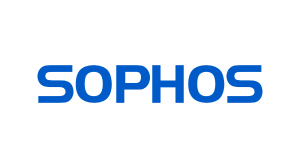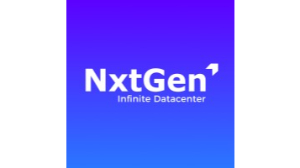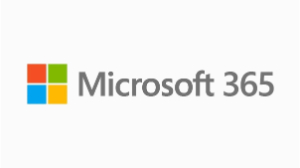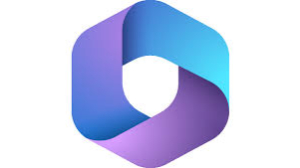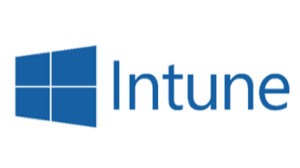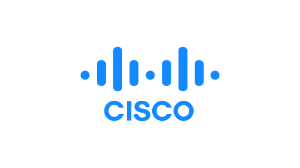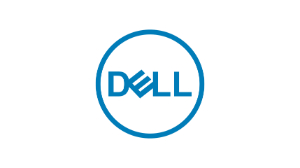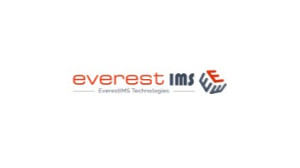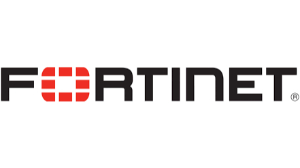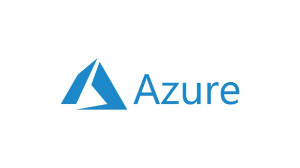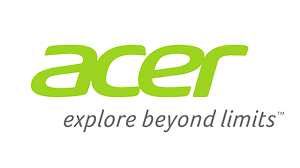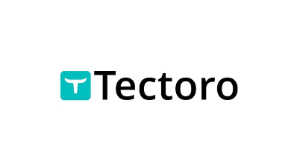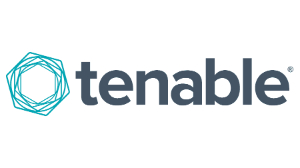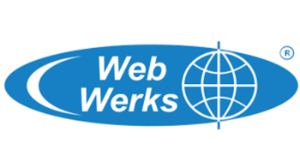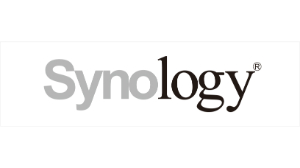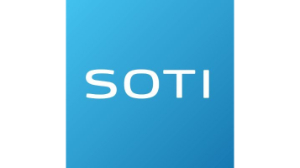Quick Enquiry
Laptops and desktop solutions refer to the hardware and software technologies used to provide computing capabilities to individuals, businesses, and organizations. These solutions encompass a range of devices and tools designed to meet various computing needs. Here’s an overview of laptops and desktop solutions:
Laptops:
- Portable Computing: Laptops provide the convenience of computing on the go. They are compact, lightweight, and self-contained systems that include a screen, keyboard, touchpad or trackpoint, and built-in battery.
- Types of Laptops:
- Ultrabooks: Thin and lightweight laptops optimized for portability and battery life.
- Gaming Laptops: Designed for gaming enthusiasts, with powerful graphics and high-performance components.
- Business Laptops: Feature durability, security features, and business-oriented software.
- Convertible Laptops (2-in-1s): Offer a combination of laptop and tablet functionality through a flexible hinge or detachable screen.
- Performance and Features: Laptops come in various performance levels, offering a range of processors, memory, storage, and graphics capabilities.
- Battery Life: Battery life is an important consideration for laptops, as it determines how long the device can operate on a single charge.
- Connectivity: Laptops include built-in Wi-Fi, Bluetooth, USB ports, and other connectors for external devices.
- Operating Systems: Laptops can run different operating systems, such as Windows, macOS, Linux, and Chrome OS.
Desktop Solutions:
- Stationary Computing: Desktop solutions provide fixed computing environments, usually comprising a desktop computer, monitor, keyboard, and mouse.
- Types of Desktops:
- Tower Desktops: Traditional desktop computers with a separate tower housing the main components.
- All-in-One Desktops (AIOs): Combine the computer components and display into a single unit.
- Mini PCs: Compact desktops with a small form factor, suitable for space-constrained environments.
- Customizability: Desktop computers can be customized with various hardware components to meet specific performance and usage needs.
- Performance and Upgradability: Desktops typically offer more processing power, memory, and storage options compared to laptops. They are also more easily upgradeable.
- Multiple Monitors: Desktops can easily support multiple monitors, enhancing productivity and multitasking.
- Operating Systems: Like laptops, desktops can run various operating systems, depending on user preferences and requirements.
- Specialized Applications:
- Workstations: High-performance desktops optimized for complex tasks such as graphic design, video editing, and scientific computing.
- Gaming Desktops: Designed for gaming enthusiasts with powerful graphics cards and processors
Our Proud Partners
